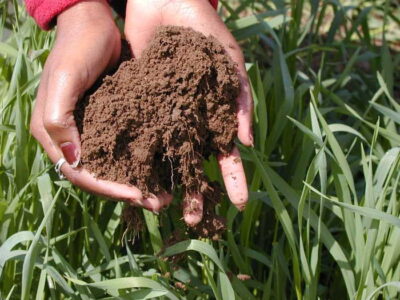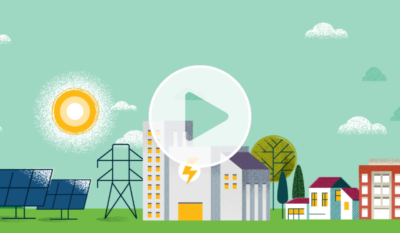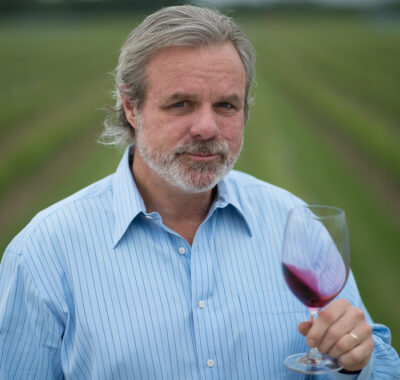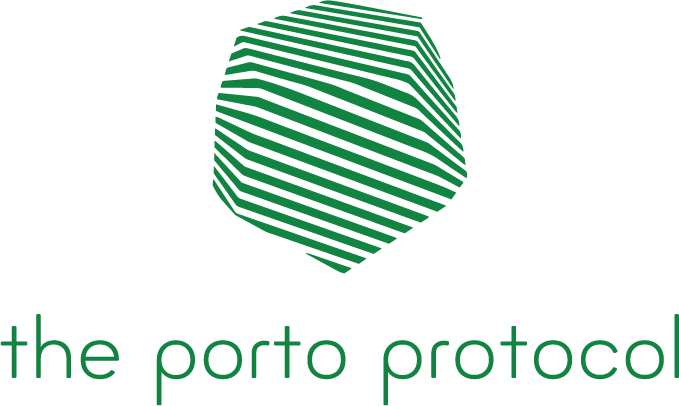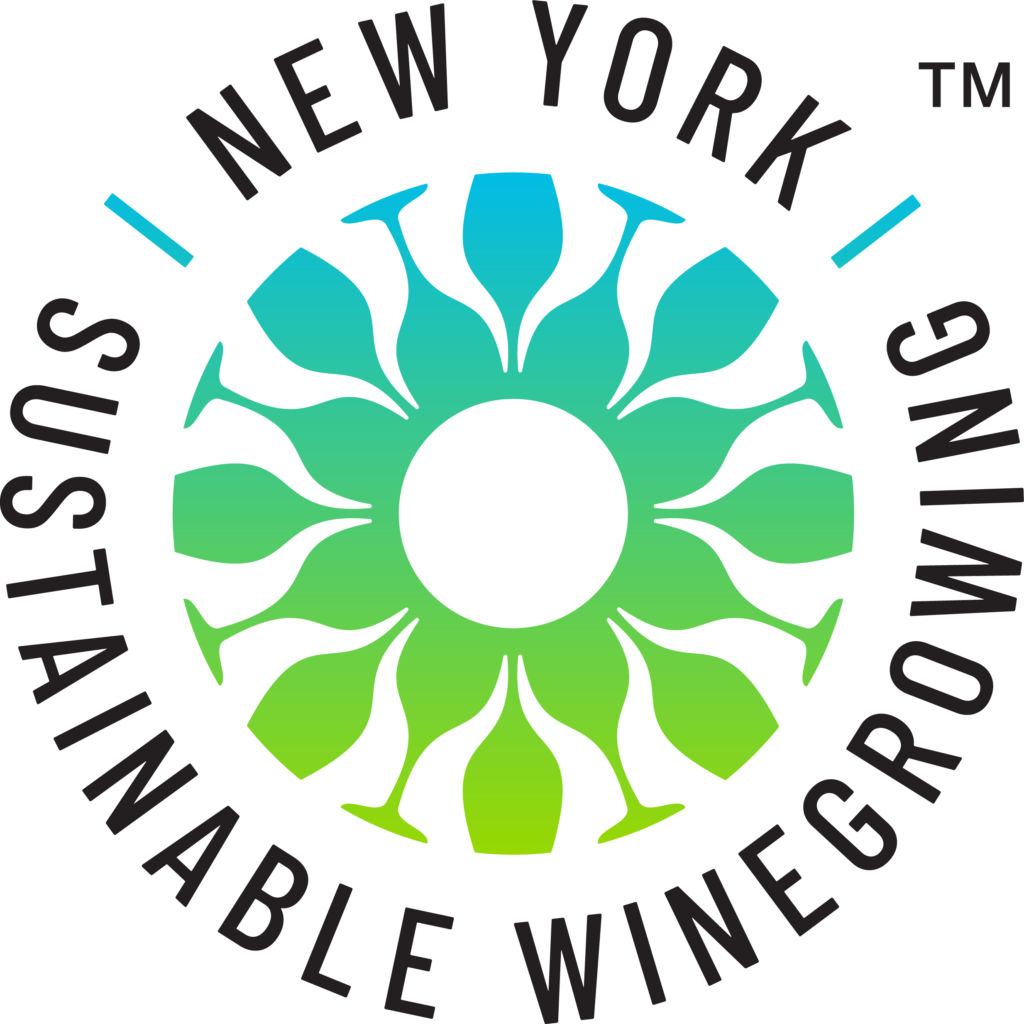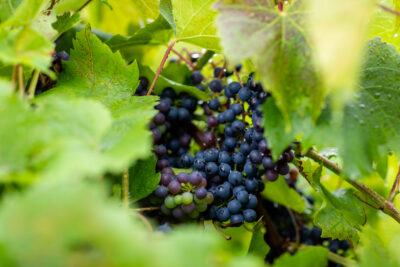
NYWGF Releases VineBalance Update for Sustainability Pilot Program
The NYWGF Sustainability Program is pleased to announce the release of a VineBalance 2022 update for New York’s sustainable winegrowing certification pilot program. The latest update expands upon the environmental risk assessment presented in the original VineBalance workbook to address the objectives of the NYWGF Grower Sustainability Advisory Committee: input reduction, soil health, water protection, energy conservation, resources and waste, ecosystem health, climate resiliency, continuous improvement, and social equity. This update was vetted against leading
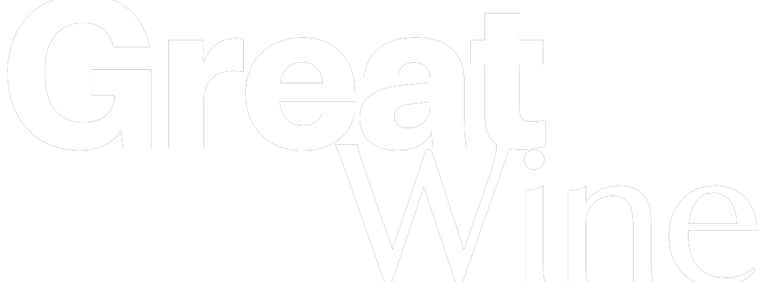
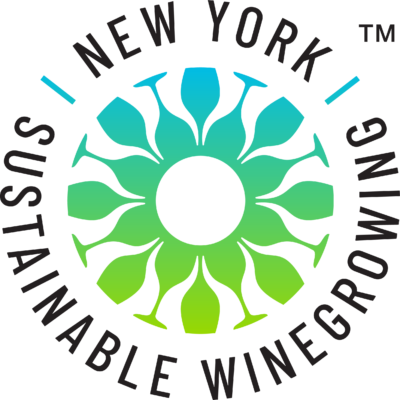 New York Sustainable Winegrowing is
New York Sustainable Winegrowing is 
